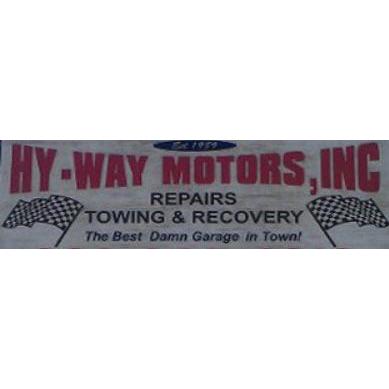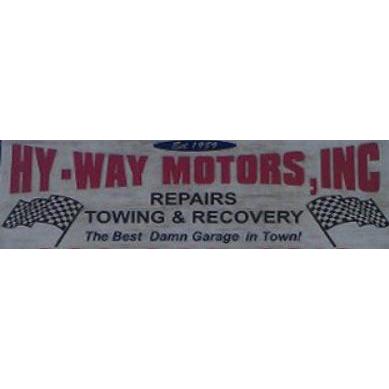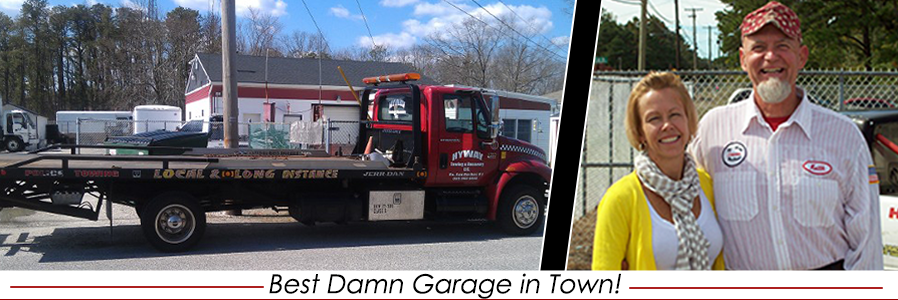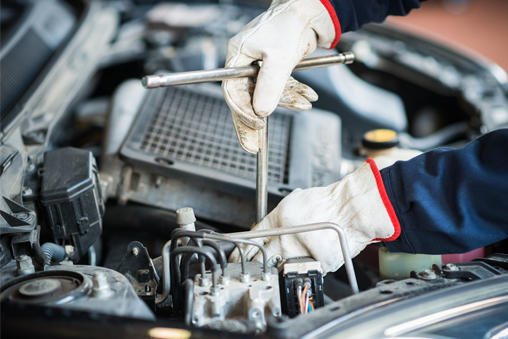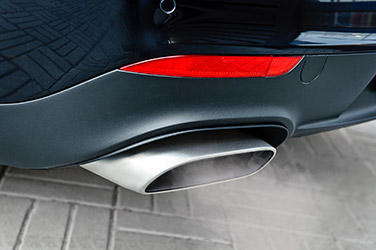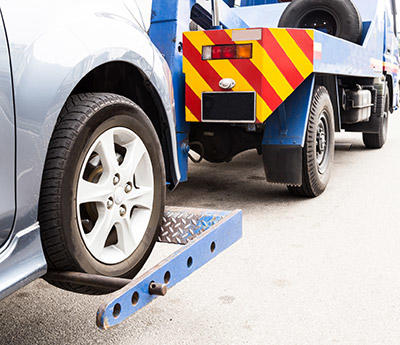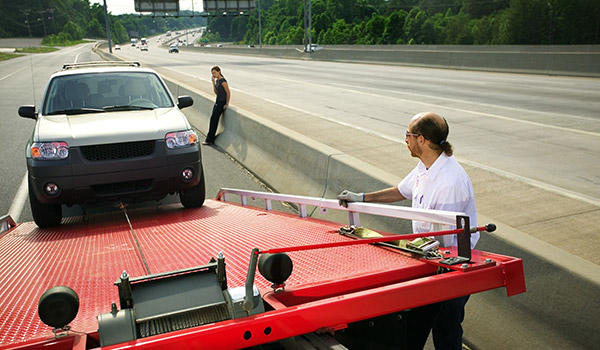An illuminated check engine light is not always a sign that a major repair is needed. It may be as simple as a loose gas cap.
Be careful before making any DIY repairs to your vehicle while it is under warranty, as it could void it. Instead, turn to trained service technicians for needed repairs and services to protect the warranty and the value of your car or truck.
Are your car’s headlights dimmer than what they should be? It could be the lenses have oxidized. If this isn’t the case, there may be a problem with the alternator or battery. The best way to find out is to have a diagnostic test performed.
How popular was the Ford Model T? Well, In 1916, 55% of all the cars in the world were Model T Fords. In fact, until 1958, almost 60% of all cars on the road in the U.S. were Fords. Then Ford introduced the Edsel...
What do you put into your car's radiator? If it's only water or coolant, you could be headed for trouble. Check the owner's manual and use the proper mix of water and coolant.
The cars of decades past are certainly less complex than what's available today. However, this doesn't mean that they're easier to fix. In fact, they may prove to be a serious challenge as there are no onboard computers that can tell mechanics exactly what's wrong.
To improve steering and to balance the wear on your car tires, have the wheel alignment checked periodically and rotate the tires according to the manufacturer’s recommendation.
If you're struggling with turning the steering wheel, especially at low speeds, check the power steering fluid. If that doesn't correct the problem, it may be an issue with the power steering pump, ball joint, or belts.
If your car's brakes are constantly squealing, you may want to stop by a garage to have the problem checked out. Chances are, your brake pads or brake rotors are worn so you will need to have them replaced as soon as possible.
Adding coolant to your car? Make sure it's been properly mixed according to the owner’s manual. Adding an unmixed coolant will damage the radiator, the rest of the cooling system, and it won't cool properly. Instead of guessing, let us take care of this for you.
If your windshield wiper is making scraping noises, it means - not surprisingly, that you need new wiper blades. Change them now before the bad weather makes driving in reduced visibility dangerous.
There is a lot of debate as to how often the oil in your car or truck should be changed. Instead of relying on the advice of neighbors, friends or family, turn to your ride's owner's manual. The engineers who designed your vehicle know best.
If it sounds like your car's turn signals are blinking too rapidly, it most likely the fuse is about to give out. Fortunately, this is a quick, easy and inexpensive repair.
No matter how diligent you may be when it comes to maintaining your car, sometimes things break, and when it is an engine belt, you're not going anywhere. Have us check them for signs of wear and replace them before they fail.
What is oil viscosity? Oil viscosity refers to how easily oil pours at a specified temperature. Thin oils have lower viscosity (lower number) and pour more easily at low temperatures than thicker oils that have a greater viscosity (higher number).
How long has it been since you had your shocks checked or replaced? Worn out shocks will damage your tires, axles, and undercarriage. Bad shocks can also result in loss of control while driving and lead to an accident.
Do you know that the word “car” has been derived from the Latin word “carrum”, which meant a “two-wheeled Celtic war chariot? This Latin word is further derived from the Proto-Indo-European root *kers- “to run.”
Survey: Do you prefer washing your car by hand or at a car wash? If you use a car wash, do you pay for the extra services such as vacuuming, treating the dash with protectant and "new car" scent?
With proper maintenance, it's reasonable to expect your vehicle to run for at least 200,000 miles. Regular oil changes, lube jobs, fluid changes, brake maintenance and timely repairs will keep your vehicle in top condition.
At over 300 million, the United States has more cars than any other country in the world. China comes in a distant second, at 78 million.
Fun car fact: In Los Angeles, California, according to registration and population records, there are actually more cars than there are people!
If you're planning to add electrical components to your vehicle (e.g. a louder horn or extra lights), it would be prudent to have a professional shop do the work. After all, the electrical system of the car, as well as sensitive on-board electronics, can become irreparably damaged should you make a mistake.
If you clock a lot of miles over the course of a year, it would be prudent to have your vehicle inspected more often. This is particularly true if you drive long stretches over rough roads as your vehicle will experience a lot more wear and tear.
If your car has a bent aluminum alloy rim, straightening it is not a good idea as it can contribute to tire failure or other problems. If the wheel is bent or dented, replacement is the safest option.
Who doesn’t love the smell of a new car? Actually, the smell of a new car is comprised of 50 volatile organic compounds. Don’t worry, none of them are toxic!
Pay attention to, and become familiar with, the sounds your car makes when it is running normally. When you hear something unfamiliar, don't turn up the radio to drown it out, have it checked to learn what's wrong.
To check if your shock absorbers are still good, you’ll need to do a bounce test. This involves pushing down hard on one corner of your vehicle to see how many times that corner bounces. A good shock will arrest the motion after a bounce while a bad one will not be able to counter the movement effectively.
